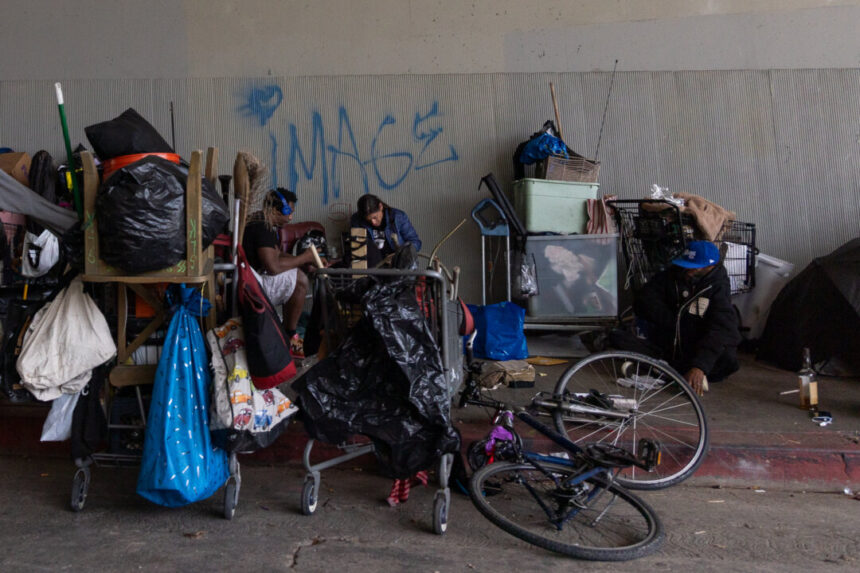Commentary
Responsible businesses conduct regular audits of their finances to assess profitability in different areas. Similarly, families may perform audits, especially during tax season, to determine their financial obligations.
On the other hand, government audits can reveal concerning findings. California State Auditor Grant Parks recently released a new audit titled “Homelessness in California: The State Must Do More to Assess the Cost‑Effectiveness of Its Homelessness Programs,” as requested by the Joint Legislative Committee for homeless programs ending in 2023. The audit primarily focuses on the California Interagency Council on Homelessness (Cal ICH), which coordinates the state’s programs.
The audit’s main conclusion highlights a significant issue without providing exact figures, stating that “More than 180,000 Californians experienced homelessness in 2023—a 53 percent increase from 2013. To address this ongoing crisis, nine state agencies have collectively spent billions of dollars in state funding over the past five years administering at least 30 programs dedicated to preventing and ending homelessness. Cal ICH is responsible for coordinating, developing, and evaluating the efforts of these nine agencies.” This revelation should raise concerns about accountability and effectiveness.
Further scrutiny reveals a lack of coordination and transparency in the management of homelessness programs. Despite significant financial investments, there is a concerning lack of clarity on where these funds have been directed.
‘Lack of Coordination’
Mr. Parks highlighted a previous report from Feb. 11, 2021, titled “Homelessness in California: The State’s Uncoordinated Approach to Addressing Homelessness Has Hampered the Effectiveness of Its Efforts.” He emphasized the need for improved alignment between actions and statutory goals, as well as the collection of accurate data for informed policy decisions.
For the past thirty years, I have referred to bonds as “delayed tax increases” because the money must come from somewhere. Moreover, with interest rates remaining high, the actual payback amount could potentially be even higher, reaching estimates as high as $12.45 billion.
The question arises: how can the state justify spending such a vast sum when there is uncertainty surrounding the effectiveness of the current homeless programs? Are these programs truly beneficial, or are they simply a waste of resources?
It is unfortunate that this audit was not available prior to the Prop. 1 vote on March 5. Similarly, the delayed release of the Annual Comprehensive Financial Report for fiscal year 2020-22, which came out more than a year late on March 15, revealed a “net position” $29 billion worse than previously reported.
If voters had been aware of the true state of the finances and the lack of transparency surrounding homeless programs, would they have approved Prop. 1?
Former state Sen. John Moorlach, who has been involved in homeless initiatives for decades, suggests a new approach. Rather than constructing expensive new complexes for the homeless, he proposes building quality housing for low-income individuals to allow for upward mobility. This contrasts with the current system, which often results in costly housing units that may not be utilized effectively.
It is evident that the current strategy of simply throwing money at the issue without a clear plan or results is ineffective. The lack of accountability highlighted in the recent audit further emphasizes the need for a more thoughtful and efficient approach to addressing homelessness.
Please note that the views expressed in this article are the author’s opinions and may not necessarily align with those of The Epoch Times.
Source link




